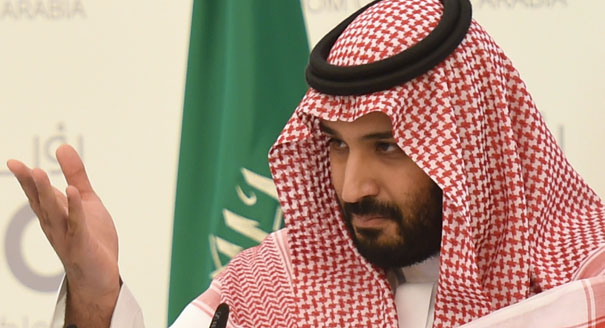In recent days, dramatic events have taken place in the Middle East. In Saudi Arabia, reports emerged that several senior princes had been placed under arrest, apparently at the orders of Crown Prince Mohammed bin Salman, for their alleged involvement in corruption. Most analysts, however, saw this as a power play by the prince, as he prepares to inherit the throne from his father King Salman. At the same time, on November 4, Lebanese Prime Minister Saad al-Hariri resigned, in what was widely regarded as a decision imposed on him by his Saudi patrons. Indeed, the resignation announcement took place in Riyadh.
It is to discuss these developments that Diwan spoke to Joseph Bahout, a visiting scholar in the Carnegie Middle East program. He recently wrote an article for Diwan in which he predicted that the implicit Saudi-Iranian understanding to sideline Lebanon from their rivalry was likely coming to an end. The Hariri resignation appeared to be confirmation of this.






